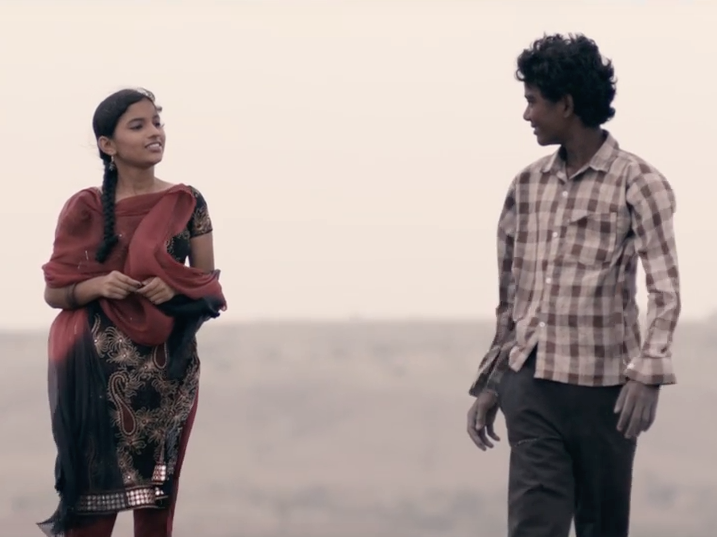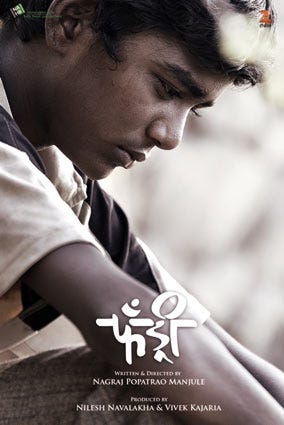
“Jabya hurls a stone at one of the high-caste boys, who were teasing him and his family by calling them “Fandry” (literally meaning pig). The stone is seen fasting approaching towards the audience and the film ends.”(Source: Wikipedia)
“Fandry” is an Indian award-winning Marathi film that I recently watched at the Artoo Treehouse. It is one-of-a-kind experience for me since I am originally from Vietnam, where my culture is quite different from that of my Indian colleagues. The film was specially screened to celebrate Ambedkar Jayanti, an annual festival to commemorate the birthday of B. R. Ambedkar, an Indian jurist, economist, politician, and social reformer who campaigned against social, caste-based discrimination and advocated women and labour rights.
The movie night was pretty unique. Watching the movie in an office setting awesomely reflected Artoo’s culture, where you feel the office is not like a workplace but a comfortable home where you can chill out, eat a sandwich, and watch a movie together after work. Somehow it also reminded me of my first joyful moment of experiencing a drive-in theater form.
Fandry is a powerful and poignant film that’s well worth watching. Based on a real-life story, the film is rooted in reality and can be easily relatable by most of us. “It is really my own story,” says Nagraj Manjule, the film director, and it truly shows on screen.
The film is the story of an adolescent, lower-caste boy named “Jabya” who hails from a small village in Maharashtra. The story focuses on the sentimental development of his love dreams toward an upper caste girl and the crushing reality in his village. Eventually, the pitiful boy reaches his tipping point and explodes in an intense backlash against the oppressors by hurling stones at them in the closing scene. However, the stones do not only stop there. They also deliberately hit us, the audience, who are ignoring or even accepting and carrying the exploitative caste-based social system. Sadly, this horrible caste power does exist, discrimination persists among the lower class in India’s villages and cripples human moral while people worldwide are trying to protect human rights and close this inequality gap.
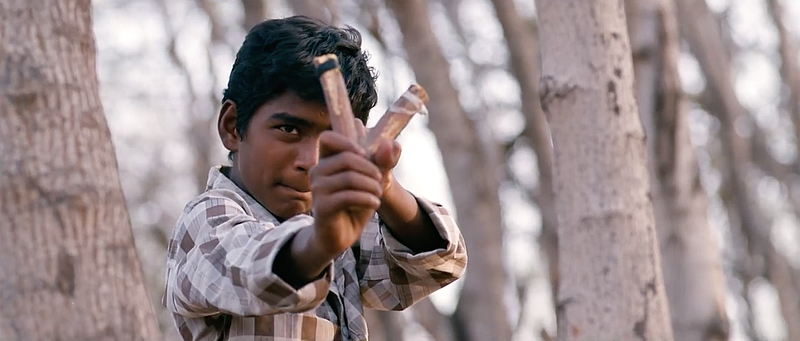
After finishing the movie, we stayed back a while and had a meaningful discussion, where we reflected our thoughts and feelings about the movie. Indus shared the bright side of the movie where there was a silver hope for Jabya’s love. Akanksha shared her past experience of visiting a caste-ridden village in India. Mradula posed a question on what we should do to break the conventional wisdom on the caste system and human inequality. To me, I believe in the law of causality in which Jabya suffers from our human beings’ impassible view and inexorable reaction to this social problem.
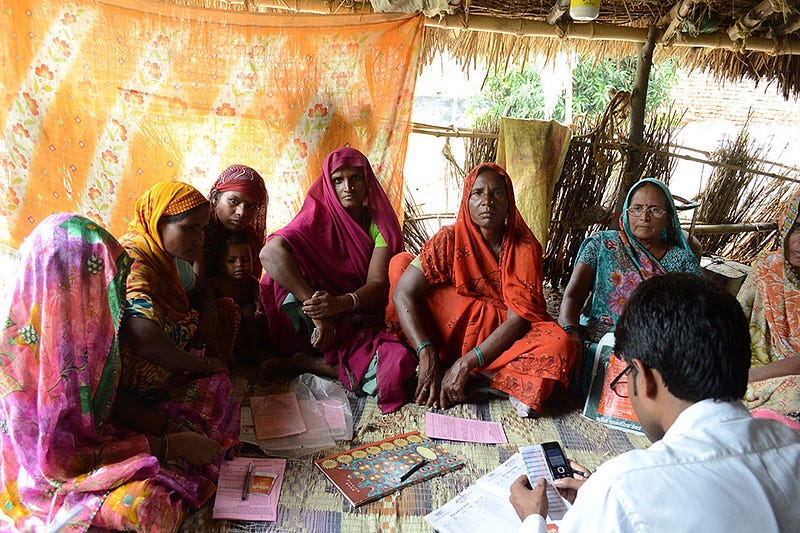
Sameer spoke of how our field agents and borrowers face similar discrimination in various forms on a daily basis. Although the field agents are the forerunners of social reform by helping people out of their poverty, they’re often unappreciated or ridiculed for their work. Hence, even when they are doing good work to ease people out of their troubles, their self-esteem is low because of society’s thinking that they are working in slums, it’s not a desk job, and so on. It’s a parallel to the movie’s story and to India’s story.
Diversity is one of the many shades of Artoo. The team mates come from different socioeconomic backgrounds, which has added to the rich culture and speaks of inclusivity. Working with a diverse team makes one conscious of those around us and creates empathy and understanding that translates into our products and services. This diversity has helped Artoo form a multilingual team for user support & trainings and easily understand changing aspirations. The products and services reflect dignity, empathy, self-expression, aspiration, and ambition, something our users identify themselves with.
“Fandry” movie night was one of the good times at Artoo when we set aside working and spent time to get closer personally, grow emotionally, and exchange opinions enthusiastically for a better society that we aim to build. I long to see the next film screening with Artoo team soon.
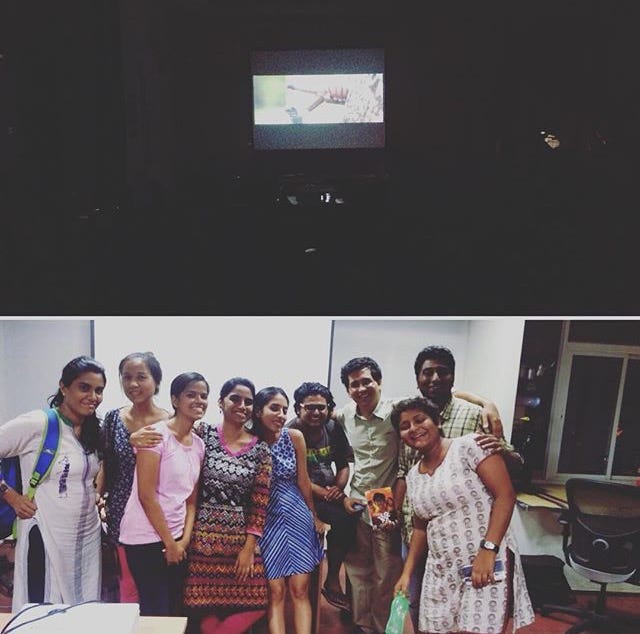
About the author
Thuy Pham | Villgro’s Fellow
Thuy is an explorer and a business consultant dedicated to helping organizations, companies and enterprises in emerging and frontier markets to achieve social and economical values through strategic management tools and human centric solutions. She works with Villgro Incubatee Artoo as a Business Development Manager.
